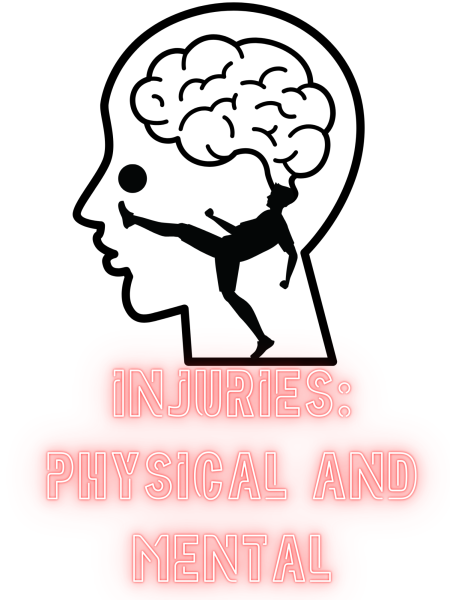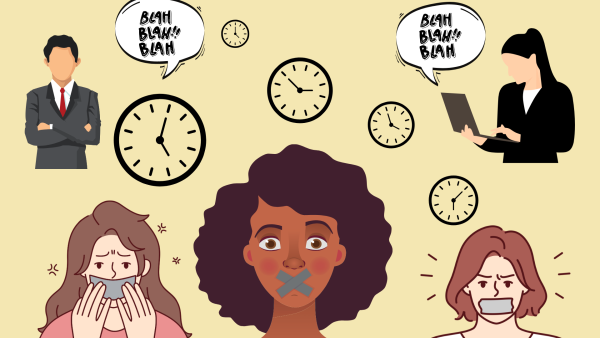New college graduates must compete for a job while dealing with their student loan debt
These days, a college degree is a bare minimum to meet the standard of living. With more college graduates than ever before, more and more jobs are becoming oversaturated, which begs the question: “What does a college degree today truly offer?”
The job market right now is hot. There are many available positions for individuals with a college degree, but why does it appear as if many new graduates are struggling to find a job?
Logically, people need to make a living– but it’s becoming exponentially harder with colleges receiving more applicants than ever before. When you put a pile of qualified individuals together, you have to pick the best, meaning that these applicants have to compete with each other through experience.
As someone who is fortunate enough to have parents who will support my tuition in college, it’s important to recognize that jobs demanding experience in the field are unfair to students who have to work to support their family at minimum-wages job and study at the same time. Those with the means of support will have a much higher chance of being picked because they most likely have had the ability to gain experience in their field prior because they have had more opportunities. On average, 70% of students have debt after graduating from undergrad. How can these students pay off their debt if they’re unemployed?
Still, entry-level jobs do not provide enough support to meet the cost of living has become of inflation. 50 years ago, one could support themselves straight out of college, but nowadays, you need at least five years of experience before you get paid a decent wage, all while needing to manage debt, and that’s if you are lucky enough to get a job.
“Unemployment among Americans ages 22 to 27 who recently earned a bachelor’s degree or higher was 3.9% in December — about 0.3 percentage points above the rate for all workers,” according to the LA Times.
Even though many public universities have put a majority of their federal student loans in forbearance, private universities are not included.
“The majority of federal student loans are eligible for the ongoing moratorium on payment and interest, but privately held education debt is ineligible for this relief,” according to USA TODAY . “If the Supreme Court hasn’t decided the legality of the Biden-Harris Administration’s student loan forgiveness plan by June 30, 2023, federal student loan payments will resume 60 days after that.”
A common myth is that students from lower economic backgrounds “get off easy” when it comes to paying for college, but this is most certainly not the case. Because college tuition seems to increase by the year, many low-income students feel inclined to drop out. The varying costs such as books, food, transportation, and more have become a hindrance to students who don’t have the means to support themselves.
Frankly, there’s no way we can turn the job market around with the snap of a finger.
I would recommend the FSA’s website if a loved one or friend is struggling with student debt, but these student loans have been blocked by court orders. However, for rising college freshmen and underclassmen still in high school, one thing you can do is start saving now. With the many uncertainties regarding student loans/debt, the best thing you can do right now is to save up.

Jana Guerra is a senior at Niles North. In her free time, she enjoys playing the piano and violin, driving in the city, and listening to horror podcasts.







